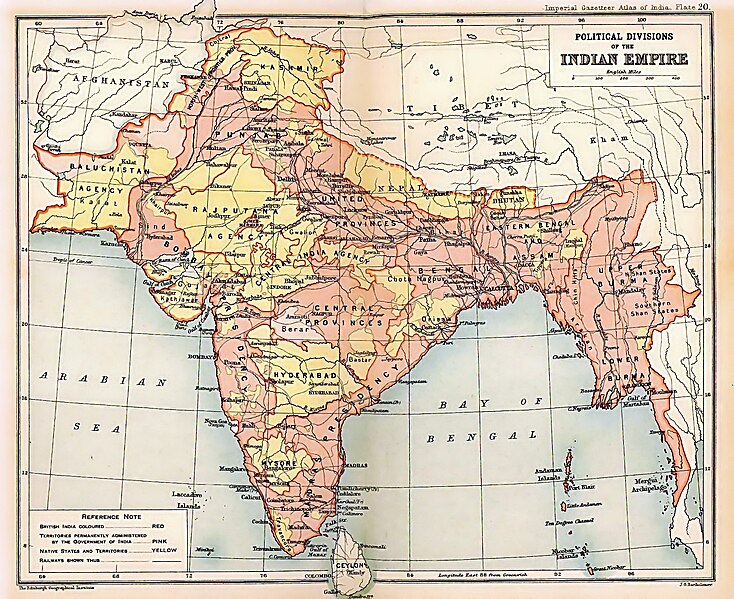
After completing the very interesting and introspective “Sea of Poppoies” last week, I was a bit skeptical while starting with the new Dan Brown novel. “The Lost Symbol” though was a riveting read. I completed this in almost record time. It was really difficult part from the book at the end of each of my reading sessions. (my reading sessions consist of the time I spend travelling in bus to and fro the office). It gave me a sanctuary from my *other* life(home,office,wife,boss,parent,kids,team et al) as “Sea of Poppies” did OR as any other favorite book would do.
Of course there is a definite difference between”The Lost Symbol” and “The Sea Of Poppies”. Some of this is because Amitav takes me to a trip of my own unknown history. Another point is that these two are targeted towards two different demographics and have different aims in mind. The characters in “Lost Symbols” are one-dimensional. The “Good” is always “Good” and “wins” in the end. The “Bad” is just a misguided “good” (this is a twist I was suspecting quiet early in my readings BTW )and ends up finding the folly for his ways too late.
The director of CIA is made fool of by a nutcase and an old professor. The symbol in the end is a big puff and after all this it is a certified case of “much ado about nothing”.
I do not want to give the storyline here and spoil it for everybody else. I definitely recommend this as a one-time read for everybody. Dan Brown definitely plays to his gallery pretty successfully. Though it has been getting pretty repetitive and formula from him.
The verdict: Definitely worth reading once. (If this is a borrowed book, it is even better. (I didbuy it though :())

